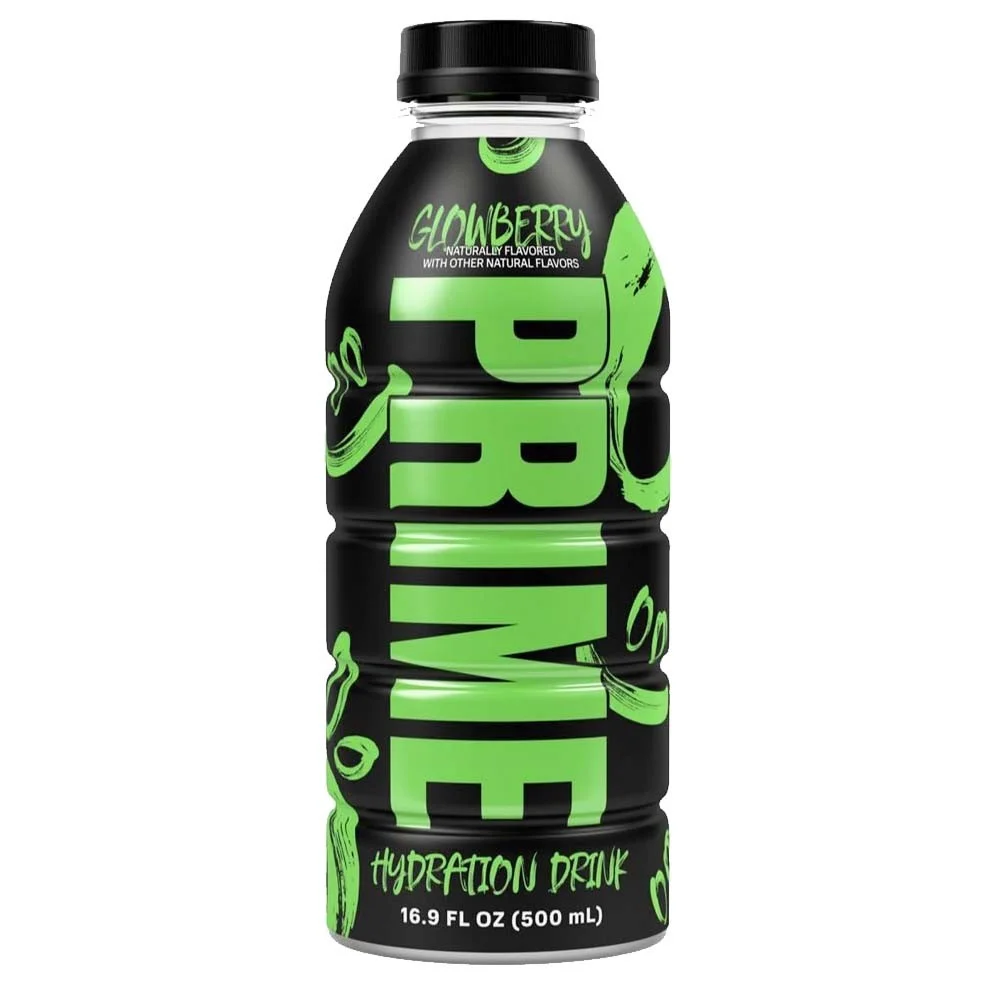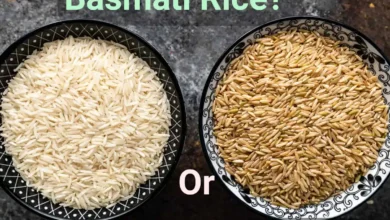Can Cats Drink Prime Hydration?

Dehydration can be very destructive to both humans and pets. The absence of sufficient electrolytes and water in the body could impact digestive and circulatory functions with notable signs like panting, lack of appetite, lethargy, and dry gums.
Not all cats are open to exercise and training, depending on how you handled them from kittenhood, but if you have cats who participate in training sessions, run on the exercise wheel, or are outdoor cats and roam in the heat of the afternoon, hydration becomes a very important topic.
So, in the absence of water, should we offer some prime hydration to our cats? Would it be beneficial or detrimental? Is it a good, regular solution for dehydration in cats? Here is everything you need to know about prime hydration for cats.
What is prime hydration?
Prime Hydration became available on the US shelves in 2022 and has since become a sensational favorite amongst lots of us since its creators, Logan Paul and KSI, have printed it into our subconscious with their numerous stunts and ads.
Prime hydration should be in no way confused with Prime energy. Prime Energy is an energy drink like Red Bull and the like, it is made with caffeine (so much caffeine (200mg) that you need to consume 5 bottles of Coke to derive that much caffeine content) and lots of sugar to give that energy boost and that feel-good satisfaction.
Too much caffeine can lead to lots of disturbing symptoms like stomach aches, headaches, lack of concentration, poor sleep quality, and anxiety, making Prime Energy not a safe drink for cats. But what about Prime Hydration?
Can cats Drink Prime Hydration?
Cats can have little Prime hydration as it does not contain caffeine. Rather, its main constituents are coconut water and water, then B vitamins, electrolytes, vitamin E, vitamin A, and artificial sweeteners are added. However, it cannot replace using natural sources like water or coconut water as a regular source of hydration for cats because of its inherent risks.
While we have been taught to avoid giving cats drinks or foods that contain sweeteners, it is important to state that not all sweeteners are harmful to cats. The only harmful sweetener for cats listed is xylitol. The sweetener used in prime hydration is sucralose, and according to VetenaryPoisonInformationService, sucralose is not toxic to cats, and cats can even tolerate an overdose of sucralose. In extreme cases, vomiting and diarrhea may occur.
Usually, coconut water used in prime hydration is safe for cats and is usually the second-best source of hydration besides water. However, they contain lots of sugar and cannot be a water replacement, but they could supply electrolytes during emergency needs. Prime Hydration is made with 10% coconut water, which is very suitable for cats.
A major problem with giving prime hydration to cats is that it has the potential to oversupply your feline friend with nutrients. Minerals and vitamins are essential for the development and general functioning of a cat, but when they become too much, they could be problematic. For instance, B vitamins are essential for cell metabolism, energy production, and growth, but when oversupplied in cats, they could potentially cause vomiting, diarrhea, and even agitation.
My cat drank prime hydration; what will happen?
If your cat had some of your prime hydration or if you offered little, nothing would likely happen. A few cats may react negatively to it as it is newly introduced to them, but that is that.
Prime hydration is similar to pocari sweat; they both contain filtered water and added nutrients and vitamins, which are safe for cats if only a little is offered. When you offer a full bottle of Prime Hydration to cats, you place them at risk of being oversupplied with nutrients as stated earlier, and various symptoms could occur.
Alternatives to prime hydration for cats
While prime hydration can be safe for cats if little is offered occasionally, it is best to prioritize more natural cat-tailored sources and only offer these processed sports drinks in the absence of more natural sources. Here are the alternatives we recommend:
Water
The story of hydrating your cat never becomes complete if water isn’t mentioned. At least, 3.5 to 4.5 ounces of water should be offered per 2.5kg of your cat’s body weight. A cat weighing 5kg should have at least 7 to 9 ounces of water every day. After exercise, training sessions, a hot day outside, or for whatever reason, water is always the best source of hydration for cats.
Coconut water
Coconut water is a source of natural electrolytes. It won’t just be hydrating your cat; it will also be providing electrolytes to replace the ones lost. However, as I stated earlier, it contains lots of sugar and should be used sparingly.
Broth
Well, if you have to make the occasion more stylish, pork, chicken, beef, lamb, or any low-sodium broth will perfectly hydrate your cat. Just like water, these broths can be used at any time, even as part of mealtime enrichment.
Can kittens have prime hydration?
Kittens can have one teaspoon of prime hydration without problems, but that may be insufficient to hydrate your kitten. So, it is better to stick with water and offer as much as they could have instead of experimenting with prime hydration.
Can cats have prime hydration? Final Thoughts
Cats can safely have a few tablespoons of prime hydration without problems. These sports drinks can be occasionally used to hydrate your cat in the absence of more natural sources like freshwater or coconut water. However, it is essential to note that prime hydration is capable of oversupplying nutrients to your cat, making it not a suitable regular source of hydration for your cat.



